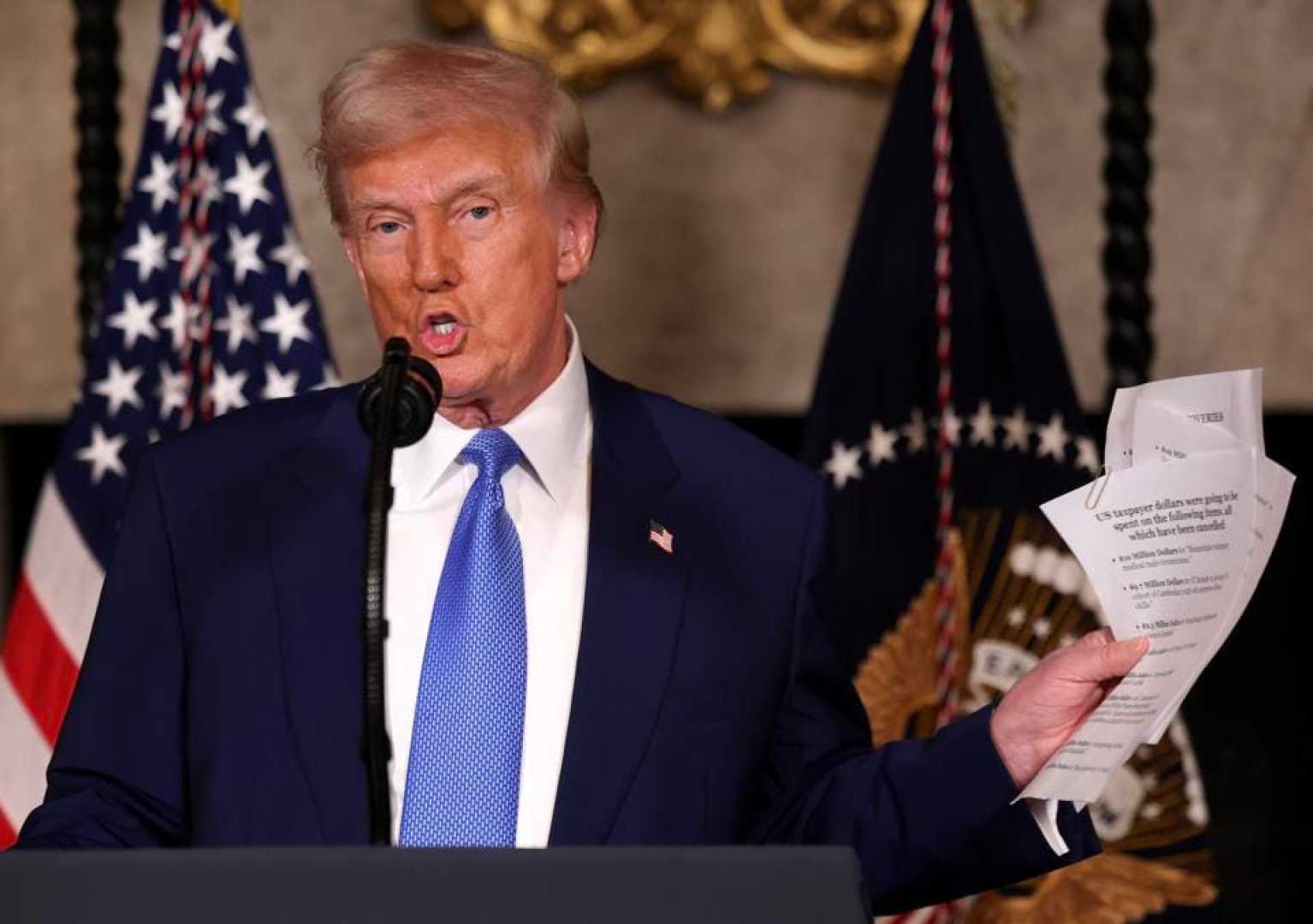Politics
Trump Expands Control Over Independent Agencies with New Executive Order

Palm Beach, Florida — On February 17, 2025, President Donald Trump signed an executive order that grants him expanded authority over independent regulatory agencies, raising concerns about potential overreach and the erosion of agency independence. The order impacts agencies such as the Securities and Exchange Commission (SEC), the Federal Deposit Insurance Corporation (FDIC), and the Consumer Product Safety Commission, while notably excluding the Federal Reserve‘s Board of Governors and its Open Market Committee.
The executive order mandates that affected agencies submit new regulations to the White House for review, establish liaison offices within the White House, and engage in regular consultations to align their policies with presidential priorities. Trump’s directive aims to streamline agency operations under the executive branch, stressing the need for accountability aligned with the president’s agenda.
Legal experts, including UC Berkeley law professor Daniel Farber, express concerns regarding the constitutional implications of such a move. “This order stands as another indication of Trump’s desire to centralize power within the executive branch,” Farber stated in an email. “It’s designed to extend his influence to areas that have traditionally been nonpartisan.”
Trump’s action comes on the heels of his administration’s history of dismissing high-ranking officials at independent agencies, including the Equal Employment Opportunity Commission and the National Labor Relations Board, along with numerous inspectors general. Critics assert that these firings and the recent executive order could ignite legal challenges regarding their legality.
“The White House has reviewed agency regulations for over 30 years, but independent regulatory agencies have long been exempt from this oversight. The potential impacts of this new directive could lead to significant shifts in how these agencies operate,” Farber explained.
The central figure behind this executive order is Russell Vought, the director of the Office of Management and Budget. Vought has argued against the very concept of independent agencies, suggesting in a December interview that Congress’s interpretation of them as independent entities lacks constitutional basis. “There are no independent agencies. The Constitution does not understand them in that light,” Vought stated during a discussion with Tucker Carlson.
The conservative Heritage Foundation‘s Project 2025 also outlines plans to bring independent agencies under greater presidential control, referencing a landmark 1935 Supreme Court decision, Humphrey’s Executor v. United States, which ruled that a president cannot dismiss heads of independent agencies at will. Legal scholars like Saikrishna Prakash from the University of Virginia suggest that given the current makeup of the Supreme Court, Trump’s newly claimed powers over independent agencies may align with judicial views favoring executive authority.
“The court seems inclined to believe that Congress cannot grant protections to independent agencies that infringe upon executive powers,” Prakash noted.
Should the order take full effect, it could potentially allow Trump to dictate policies affecting critical sectors including finance, labor, and trade. Opponents warn this could lead to regulatory inconsistencies and instability, undermining the established role of independent agencies in ensuring organizational accountability and impartiality.
Responses from within the affected agencies as well as broader legal and governmental communities are anticipated in the coming days as stakeholders digest the implications of the order. Experts are particularly keen to see how the FCC and SEC will adjust their operations under the new presidential oversight and whether priority will be granted to regulatory initiatives.












